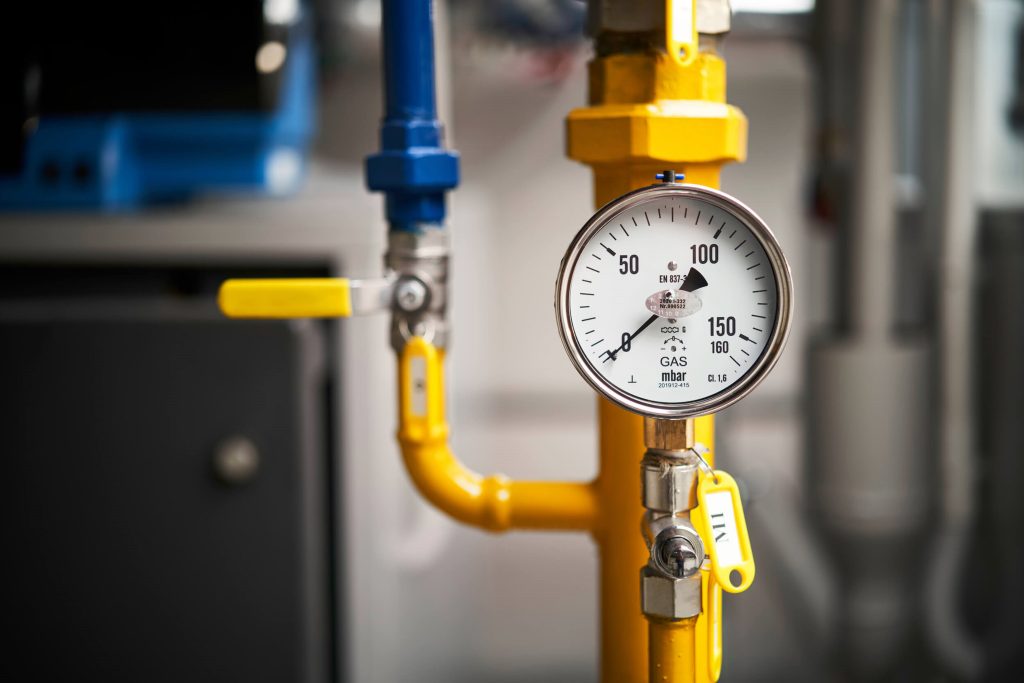1. The Role of Natural Gas in the UK’s Energy Landscape
The natural gas sector in the UK plays a crucial role in meeting the nation’s energy needs, fueling homes, businesses, and industries. As we navigate the complexities of energy security and climate change, understanding the current state and future of the UK’s gas landscape is more important than ever.
2. A Historical Perspective on UK Natural Gas Production
Historically, the UK has been a significant player in natural gas production, particularly with the discovery of North Sea gas in the late 20th century. This resource provided a substantial boost to the country’s energy independence and helped transition away from coal. Today, natural gas remains a primary source of energy, accounting for about 40% of the UK’s electricity generation and serving as a vital heating source for millions of households.
3. The Shift Towards Sustainability
However, the landscape is shifting. With growing concerns about climate change and the UK’s commitment to achieving net-zero carbon emissions by 2050, the natural gas sector is facing unprecedented scrutiny. The UK government has set ambitious targets to reduce reliance on fossil fuels, raising questions about the future role of natural gas. This transition poses a critical challenge for the industry, as it must adapt to meet evolving regulatory standards and public expectations.
4. Natural Gas as a Transitional Fuel
Despite these challenges, natural gas is viewed by many as a transitional fuel. Its lower carbon emissions compared to coal and oil make it a more sustainable option during the shift to renewable energy sources. This perspective is particularly relevant as the UK works to phase out coal-fired power generation. Natural gas can provide the necessary backup and flexibility needed to support a grid increasingly reliant on intermittent renewable sources like wind and solar.
5. Advancements in Carbon Capture Technology
Moreover, advancements in technology, such as carbon capture and storage (CCS), have the potential to mitigate the environmental impact of natural gas extraction and use. CCS technology captures carbon dioxide emissions from power plants and industrial processes, preventing them from entering the atmosphere. While still in the early stages of widespread implementation, successful CCS projects could significantly reduce the carbon footprint of natural gas facilities, making them more viable in a decarbonizing energy landscape.
6. Exploring Hydrogen as an Alternative
In parallel with natural gas, the UK is exploring alternatives to conventional gas. Hydrogen, particularly green hydrogen produced using renewable energy, is being touted as a promising solution for heating and power generation. The government has initiated trials for hydrogen production and is investing in infrastructure to support its integration into the existing gas grid. The aim is to create a hydrogen economy that complements the current energy system and provides a cleaner alternative for end-users.
7. Balancing Energy Security and Sustainability
As we look to the future, the UK must balance energy security, environmental sustainability, and economic considerations. This includes exploring diverse energy sources, enhancing energy efficiency, and encouraging innovation. Energy efficiency measures, such as improving insulation in homes and upgrading heating systems, can reduce overall gas demand and help achieve sustainability targets.
8. The Importance of Collaboration
Collaboration among government, industry, and consumers is essential for this transition. The UK government is already engaging with stakeholders through various initiatives to develop policies that facilitate a smooth transition away from fossil fuels while ensuring energy affordability and reliability for consumers. Industry innovation, spurred by both market demand and regulatory frameworks, will play a vital role in this journey.
9. Embracing Innovation for a Sustainable Future
In conclusion, while the natural gas sector faces significant challenges, it also presents opportunities for innovation and transition. By embracing new technologies and alternative fuels, the UK can pave the way for a sustainable energy future that meets the needs of both its people and the planet. As we navigate this complex journey, the decisions made today will shape the energy landscape for generations to come. The future of the UK’s natural gas sector is not just about maintaining current practices; it’s about reimagining how we produce, consume, and transition to a greener energy landscape.
You can also visit our website https://utility7.com/

